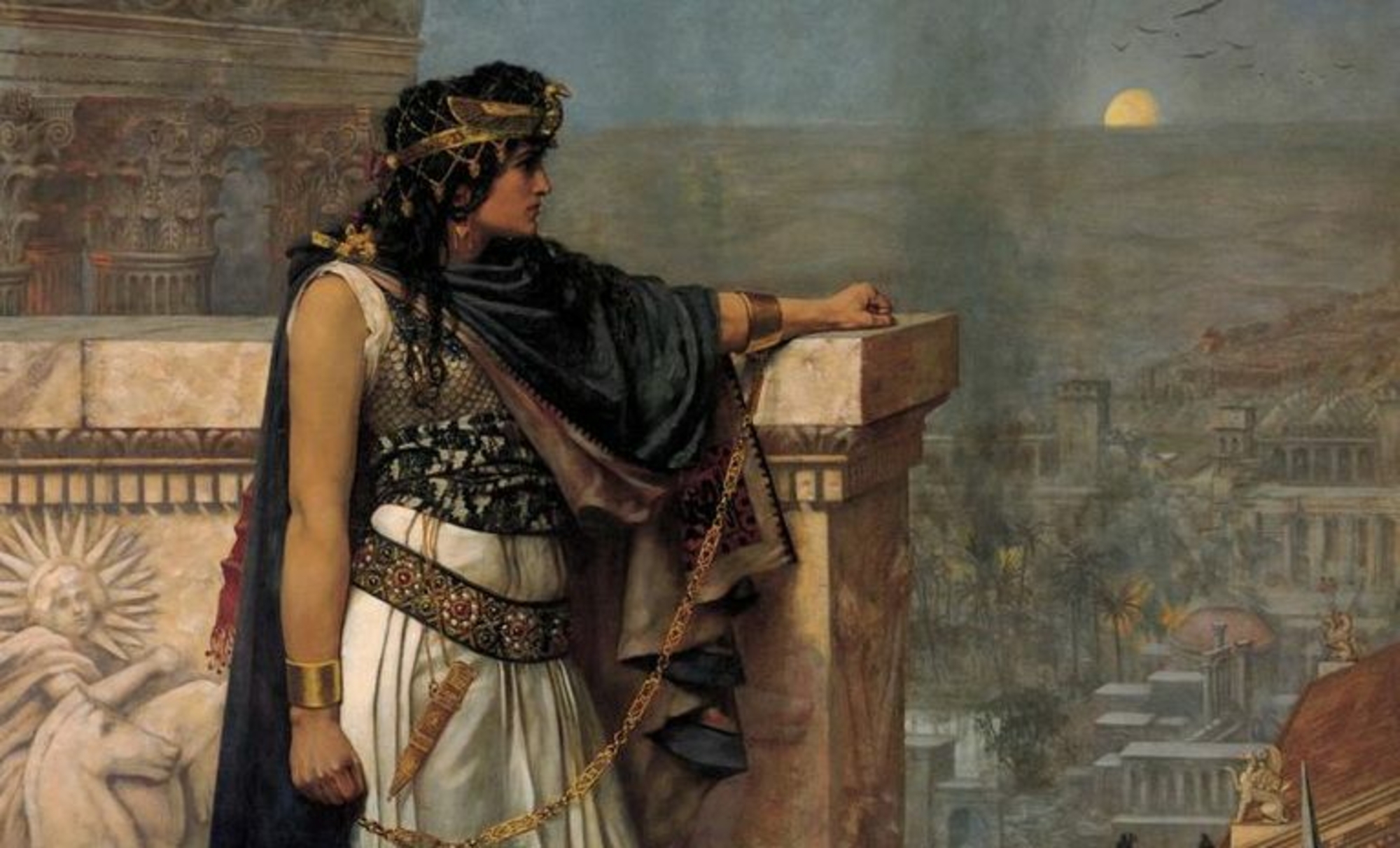- Home
- Queen Zenobia
- Zenobia’s legacy
Zenobia: the ”strong woman”
A woman with a composite image in the western imagination, and popularised by Petrarch and Boccaccio, who drew their inspiration from the most romantic ancient source, theHistoria Augusta, Zenobia was seen as the epitome of the "strong woman", who possessed not only the virtues of a woman and wife but also the qualities expected of a man: courage, daring and authority. From the 16th to the 18th centuries, when many female sovereigns reigned over powerful European states, she provided a virtuous model of a woman in power, in stark contrast to Cleopatra. This image persisted into the instructional literature of the 19th century. Over the course of the 18th century, she also became an opera heroine, starting with Albinoni’s 1697 work, arousing passions and exciting intrigue without succumbing to either herself, as in Aureliano in Palmira by Rossini in 1813.
Romantic figure
The rediscovery of the city of Palmyra at the end of the 17thcentury and the first scholarly publications on the subject increased interest in Zenobia. A significant shift took place at the end of the 18th century, when the fashion for orientalism saw Zenobia endowed with Bedouin origins. Although highly improbable, these stories provided ample inspiration for poets, novelists and painters. In March 1813, the entrance of Lady Hester Stanhope into Palmyra like a new Zenobia stimulated popular interest in the city and its queen empress, and both became fashionable society first names.
The muse of nationalist struggles
This romantic image persists to this day, and in the many novels devoted to her she almost inevitably appears as an Arab princess who became "Queen of Palmyra", which she never was. This initial error, made first by Boccaccio, explains why some preferred not to see the conflict between Zenobia and Aurelian for what it was - a power struggle within the Roman Empire - but rather as the revolt of an indigenous woman, or even a "kingdom of Palmyra" that never existed, against Roman power. Pushed to the extreme by supporters of an uncompromising strain of Syrian nationalism, Zenobia has also been portrayed as the founder of one of the first Arab empires taking arms against Roman colonialism.
